Anecdotal reports from patients suggest a link, but the evidence is not there yet
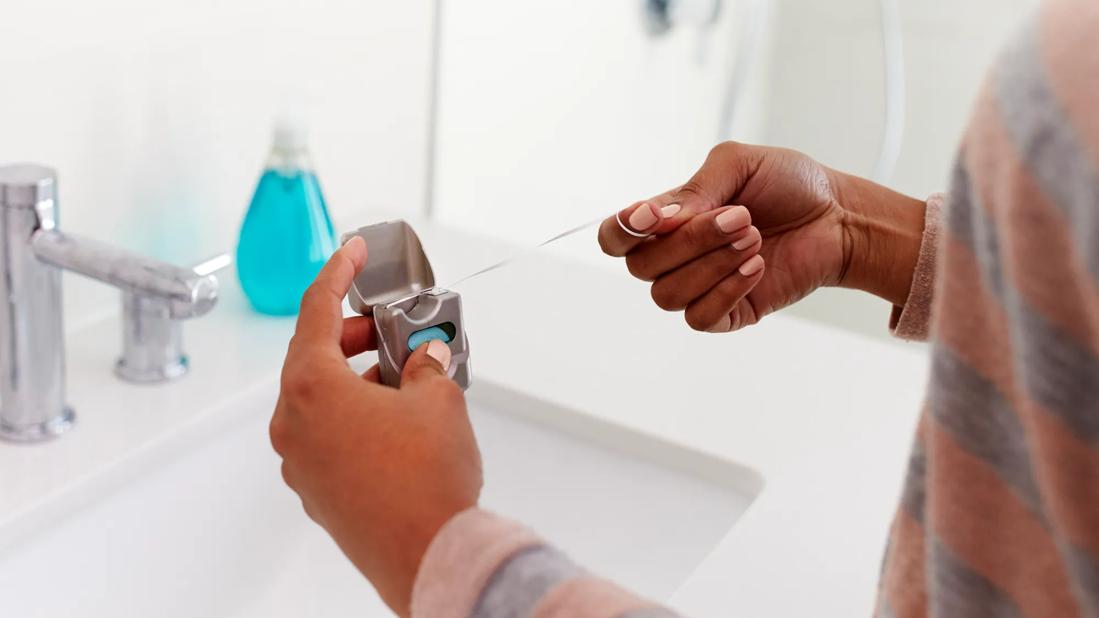
As physicians continue to learn more about COVID-19 and its associated symptoms, many patients are reporting odd phenomena—including rashes, hair loss and chilblains, among others—following recovery. One of the more recent patient reports is tooth loss. However, Sasha Ross, DMD, a periodontist with Cleveland Clinic’s Head & Neck Institute, believes that tooth loss may not actually be attributable to COVID-19, though the pandemic has had an impact on dental issues. This tooth loss, however, may be more related to the societal impacts of COVID-19, such as appointment freezes for yearly check-ups and surgeries, or stress.
Advertisement
Cleveland Clinic is a non-profit academic medical center. Advertising on our site helps support our mission. We do not endorse non-Cleveland Clinic products or services. Policy
“There arguably could be a mechanism for COVID-19 to exacerbate dental problems or accelerate tooth loss, but we have no data to support that right now,” says Dr. Ross. “What we have seen is that these are very trying times and people are more stressed-out than normal, so there have been articles published in our field about more stress-related conditions linked to COVID-19.”
Dr. Ross notes that while she and her team have treated several patients who have recovered from COVID-19, she is not aware of any reports of patients complaining of tooth loss. Anecdotally, though, many online forums for patients who have recovered from COVID-19 but still experience symptoms report teeth falling out, often without pain or blood.
“In people who probably already had pretty severe periodontal disease, I have seen cases where there is no pain and the tooth is just so infected that it’s not supported by bone,” says Dr. Ross. “This is a chronic infection, and the tooth can just fall out if it has no bone support. I don’t think that it was something that COVID-19 caused, per se, as even in non-COVID-19 times, I’ve seen that happen without bleeding or pain.” Dr. Ross suggests that if patients with COVID-19 don’t feel well or are hospitalized, one could argue that they’re taking worse care of their teeth because they aren’t able to do so physically, and the lack of hygiene could lead to bad dental outcomes.
“Dental offices nationwide have done a tremendous job of making sure that patients are safe when they come to the dentist,” says Dr. Ross. “Air purifiers have been added, all of the proper PPE are being worn by staff, and there is screening and changes to waiting room areas and patient intake, so appointments have been scheduled longer to give us proper time to disinfect. It is really important to continue your regular dental care during this time, and patients and staff are very safe in dental offices. We have not seen mass closures, and here at the Cleveland Clinic we test for COVID-19 within 72 hours prior to a procedure that creates an aerosol.”
Advertisement
Early on in the pandemic, many dental offices were mandated to close for a few months and then had to play catch up. In these situations, it’s taking longer for people to get back in and have their regular cleanings and checkups, and that could make a questionable tooth become a hopeless tooth by the time the patient is seen. However, dental offices have been taking steps to ensure that all necessary precautions are in place for patients.
“I think time will tell if there is a definitive link between COVID-19 tooth loss or other dental problems. I’m in many different dental organizations—the American Dental Association, the American Academy of Periodontology, the Ohio Dental Association—and I get briefings from all of them,” says Dr. Ross. “So far there have not been any studies showing a definitive link between COVID-19 and tooth loss, to my knowledge, at least. We are still learning more about the long-term effects of COVID-19, so right now the best thing patients can do for their dental health is to brush their teeth at least twice per day, floss at least once per day, and see their dentist regularly.”
Advertisement
Advertisement
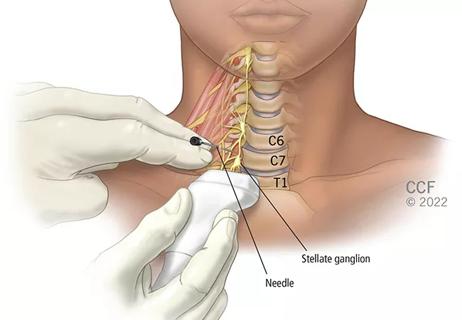
Patients report improved sense of smell and taste
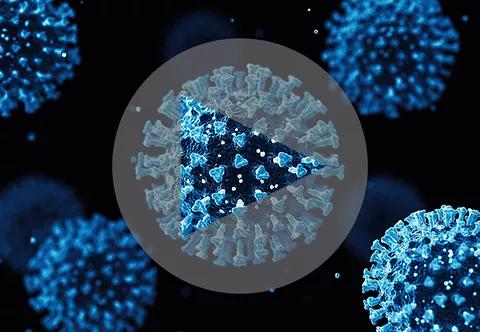
Clinicians who are accustomed to uncertainty can do well by patients

Unique skin changes can occur after infection or vaccine

Cleveland Clinic analysis suggests that obtaining care for the virus might reveal a previously undiagnosed condition

As the pandemic evolves, rheumatologists must continue to be mindful of most vulnerable patients
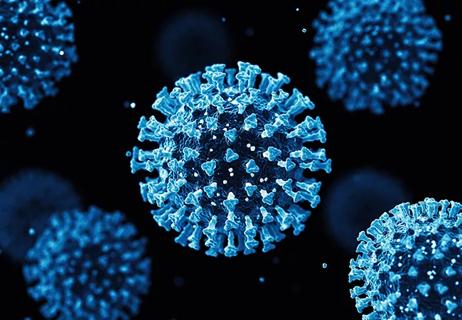
Early results suggest positive outcomes from COVID-19 PrEP treatment
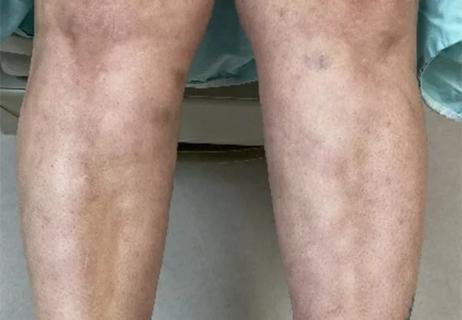
Could the virus have caused the condition or triggered previously undiagnosed disease?

Five categories of cutaneous abnormalities are associated with COVID-19